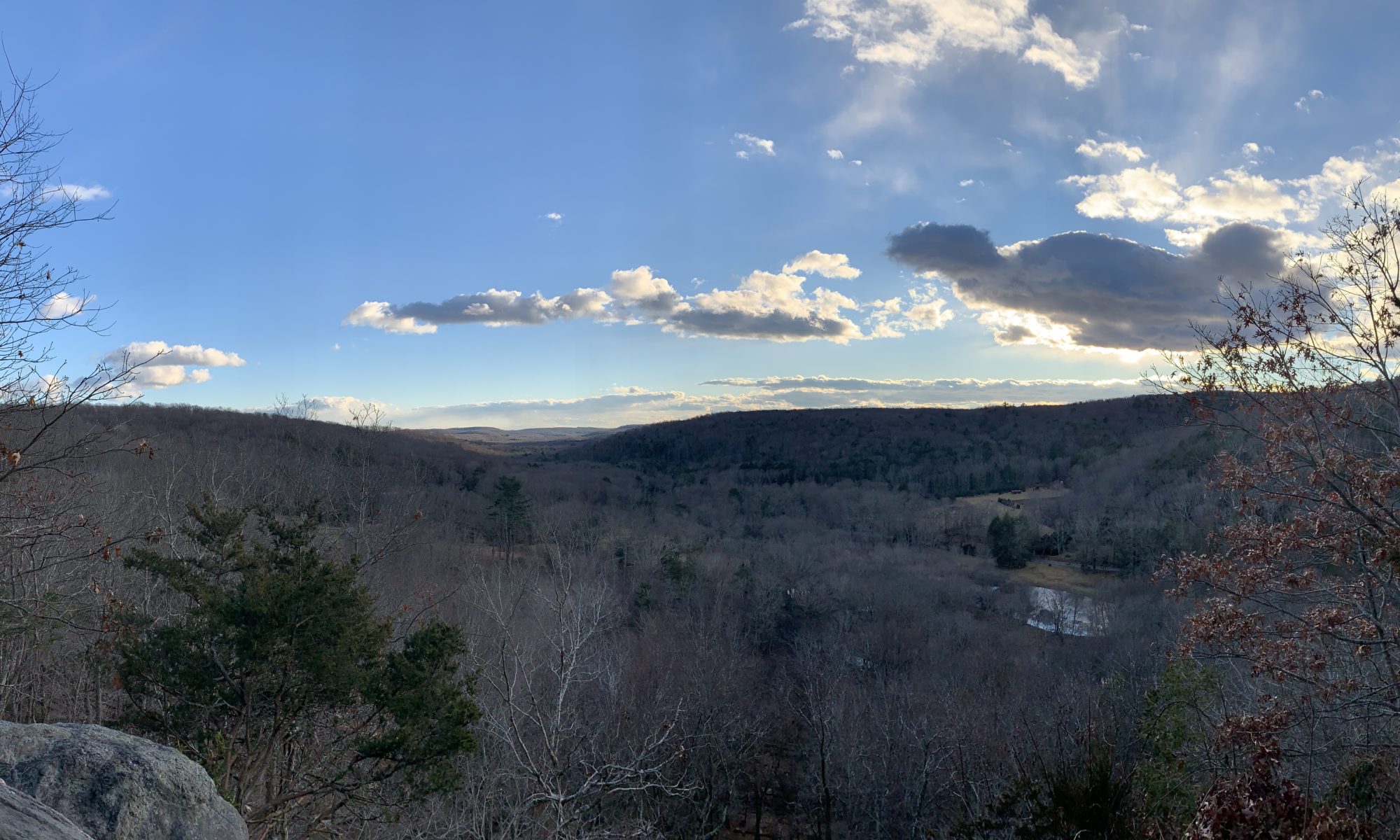 I remember I had a health teacher back from my freshman year of when I was in high school who sticks out in my mind for 2 distinct and pretty much unrelated reasons:
I remember I had a health teacher back from my freshman year of when I was in high school who sticks out in my mind for 2 distinct and pretty much unrelated reasons:
1) She was an Indiana fan while I was a Syracuse fan and our teams met in the 1987 NCAA Basketball Championship Game with that SOB Keith Smart his the game winner to down my Orangemen. (Thankfully, I’ve seen the light and I am all UConn now); and
2) She once told the other freshman health class that she thought I was someone who was extremely hard on myself, even if I kept a demeanor suggestion I was cool as a cucumber.
Why in the world she felt A-OK with describing this fact about me to 40-50 of my classmates is completely beyond me… but she was pretty accurate.
I’ve long been my toughest critic and, over time, I think I’ve only gotten harsher, in many ways.
I’ve even said if I saw someone else getting treated the way I treat myself, I would think whoever was doing that to them was a complete jerk, worthy of a smack in the mouth.
I had many years in my 30’s where I watched a few different people close to me go through the tremendous struggle of dealing with leukemia. It offered me a tremendous amount of perspective on what is truly difficult in this world versus that which is merely annoying. Funny how many people confuse those two things… well, until you see it firsthand and cannot fathom how you ever saw it differently before.
The positive of this is I complained less.
The challenge is that I probably overdid this and would never gripe or let out what was really bothering me on some issues because they paled in comparison to other struggles.
That’s why this photo (snagged from Elephant Journal) grabbed my attention to serve as a stark reminder that as much as accepting challenges with a detached sense of stoicism is good, balance is also a good thing.
It’s that funny dichotomy of that which makes you successful can also be a tremendous weakness.
To be as philosophically nerdy as possible (you know, the whole reason you come to this blog)… I need to balance out my Marcus Aurelius reading (stoicism with The Emperor’s Handbook) with a lot more Shunryu Suzuki (Zen buddhist with Zen Mind, Beginner’s Mind).
Think of yourself on this point for a minute as well and I wouldn’t be surprised if you don’t find a plethora of nuggets from your day where you are a brutal self-critic.
I figure 42 is as good of a time as any to learn to be a little nice to myself anyway.
Great goal… but damn, that is a seriously lame mid-life crisis. Thankfully that’s a myth anyway.



